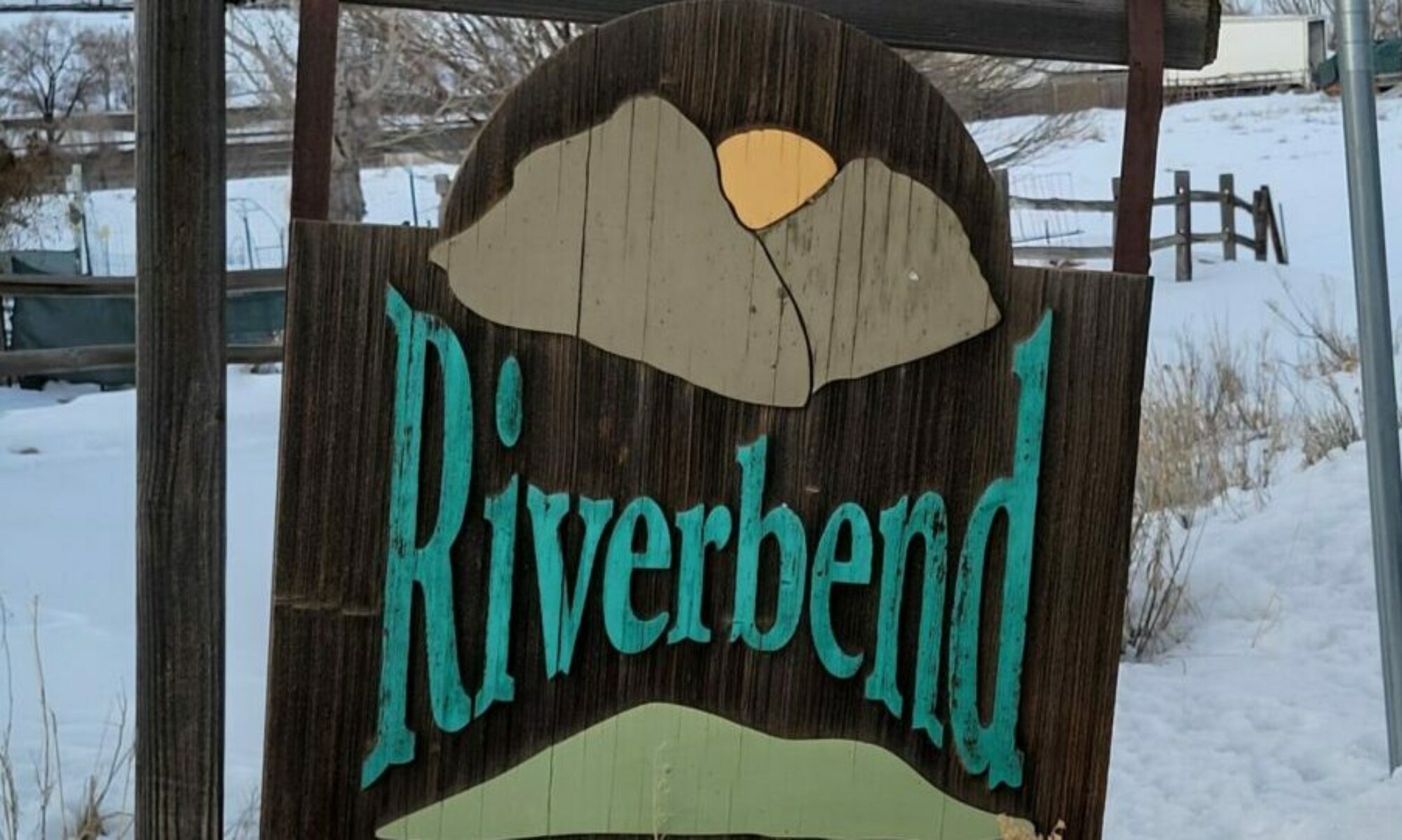Be Water-Wise
- Make sure that your pressure-reducing valve (PRV) is functioning properly. The system pressures in Riverbend are very high; somewhere between 135-155 p.s.i. A properly functioning PRV will reduce the pressure to your entire house to the safe and acceptable range of 40-60 p.s.i. High pressures can damage water appliances such as dishwashers, washing machines and water softeners, as well as put unnecessary strain on the supply hoses for those appliances and your other fixtures. Indications of high pressures can be “banging” noises when appliances are turned on or off.
- Avoid watering your lawn and garden during the day or early evening. Daytime watering is inefficient since a lot of water is lost to evaporation and never adequately soaks the grass. Demand for domestic water is highest in the early evening. Watering late at night and in the early morning hours, when temperatures are lowest, allows the water to soak deep into the ground and reduces flows in the water system when domestic demand is highest. Automatic irrigation systems are a great way to accomplish these goals.
- Mow your grass to a longer length. Long grass shades the ground, reducing the heat and subsequent evaporation.
- Use a mulching mower. A mulching mower chops the grass clippings into fine pieces that stay on the lawn and settle in at the base of the grass blades. Not only is the mulch a valuable source of nutrients for your grass, but the mulch helps to retain the moisture in the ground.
- Fertilize your lawn. Yellowing grass is not necessarily an indication of dry ground. In fact, if a healthy lawn is under-watered, the grass will first take on a dull, dark green color.
- When you irrigate trees and shrubs set the flow of your hose so that it trickles instead of floods. This allows the water to soak in directly at the base of the plant. The ground absorbs the water slowly and takes it deeper into the root system.
Saving water is good for the earth, your family, and your community.
When you use water wisely, you help the environment. You save water for fish and animals. You help preserve drinking water supplies.
By being smarter about our water use, not only can we save water, energy, and money, we can help our rivers, too. When we use water more efficiently, we leave more water in rivers and streams to support fish and wildlife and recreation. – See more at: http://www.americanrivers.org/take-action/other-ways/conserve/#sthash.laEMb8bY.dpuf.
Please remember we live in a semi-arid state and in a current drought. A lush, tropical lawn is not a natural setting for our environment. It is environmentally responsible to limit water usage inside the home and outside. There are many resources available to help homeowners decrease water usage: www.csu.org/zeri/; www.ext.colostate.edu; www.water.denver.co.gov; www.xratedgardening.com.
According to the Environmental Protection Agency, switching from an all-lawn yard to one that’s 40% lawn and 60% trees, shrubs, ground cover and hardscape will cut your water needs by 20 – 50%.
Here are 10 simple tips for saving water and helping rivers. Got a new tip to share? Let us know!
- Turn the water off while you brush your teeth and save over two gallons a minute.
- Fix dripping faucets and running toilets. A leaky faucet that drips at a rate of one drop per second can waste up to 2,700 gallons a year.
- Save water and money by choosing efficient showerheads, dishwashers, and other appliances. Look for the WaterSense label.
- Only run your washing machine and dish washer when they are full.
- Dispose of chemicals properly at a hazardous waste drop off center – don’t pour them on the ground, into the sewer, or down the drain.
- Avoid using pesticides or herbicides on your yard and garden — the chemicals can contaminate groundwater and streams, and can also hurt kids and pets.
- In the yard, use mulch to keep moisture from leaving the soil and minimize the need to water.
- If you must water the lawn, water in the early morning or evening, and try to avoid watering on windy days. This will limit the amount of water that is evaporated by the sun or blown onto sidewalks and driveways.
- Plant a rain garden to add beauty to your yard, while absorbing and filtering runoff. Water absorbed in a rain garden will filter pollution otherwise headed for streams.
- Use a rain barrel to collect rain and help water your plants. Forty percent of the average homeowner’s water use is outdoors. Rain barrels reduce the stress on municipal water systems during the dry, summer months.
